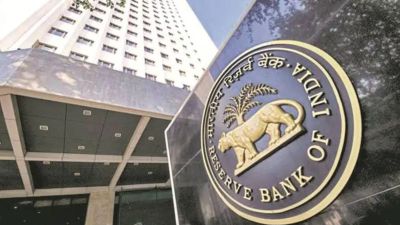Cuba loves the dollar
Over a year after the Communist government replaced the US dollar with convertible peso, the greenback remains in the hearts and hands of Cu...

Over a year after the Communist government replaced the US dollar with convertible peso, the greenback remains in the hearts and hands of Cubans. Prices of most goods are still listed in dollars. Tens of thousands of families get handouts from US relatives in dollars, much of it funneled in to skirt the Cuban state bank8217;s 10 per cent cut for conversion. Taxi drivers, private restaurants and people with rooms to rent still accept dollars.
8216;8216;We have more trust in dollars,8217;8217; said a partner in an Old Havana 8216;8216;paladare8217;8217;, the private but heavily regulated eateries some Cubans are allowed to operate.
The dollars8217; resilience here has created a complicated, three-tiered monetary system, as the convertible peso, or CUC, also circulates alongside the official 8220;moneda nacional8221;, or MN. Most Cuban salaries are paid in MN, which consumers must exchange with convertible pesos if they want to shop in what are still referred to as dollar stores8212;the only source of meat, milk and most consumer goods. Neither the convertible peso nor the MN has any value abroad. Remittances from US relatives account for 1 billion a year, and individual Cubans legally may hold and save dollars. But the government has reeled in hard currency earning and spending autonomy granted to state industries and services. Last year, Cuba reported 5 per cent economic growth, and President Fidel Castro has said that this year will see an 11.8 pc expansion.
With state salaries averaging 15 a month, boom times are hard to see. The government raised salaries of most state workers by 25 pc this year, but inflation of 4 pc, an artificial devaluation of hard currencies when the convertible peso was introduced, and a crackdown on pilferage and private enterprise served to counterbalance that increase.
8216;8216;You can8217;t survive without doing something on the side,8217;8217; said a 39-year-old teacher who sells salsa CDs and cassettes. 8216;8216;We work to eat. That8217;s all our salaries cover,8217;8217; said a nurse who left the job to work as a hotel maid. 8216;8216;You need dollars from tips or from family outside for clothing 8230;8217;8217;
The quest for social levelling has pushed down the haves, rather than lift the have-nots. Street crime has become rampant in Havana, and begging widespread. 8216;8216;The same government that created great equality in the 8216;60s is now presiding over a system of rising inequality,8217;8217; said Damian Fernandez, head, Cuban Research Institute, Florida, estimating that as much as 25 per cent of of the country of 11.2 million lives in extreme poverty.
Los Angeles Times
- 01
- 02
- 03
- 04
- 05































